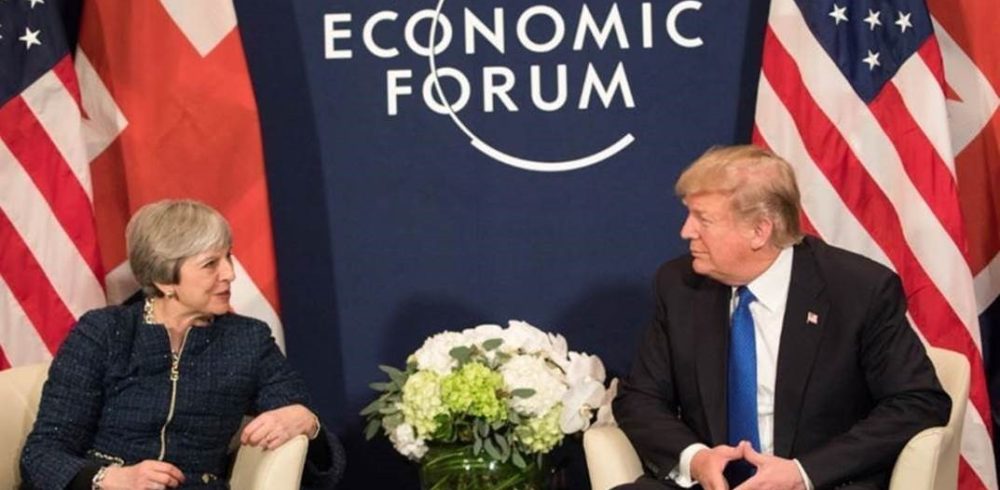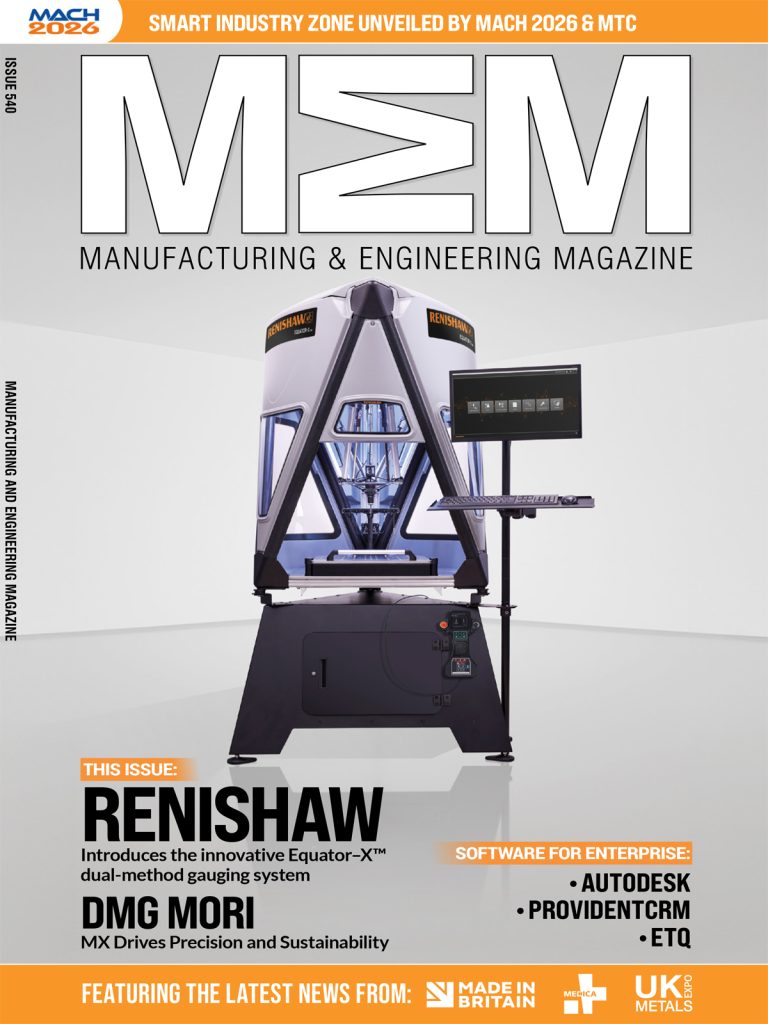Since even before Inauguration Day, manufacturers across the globe have been keeping a close eye on the Trump presidency. But with the US announcement of the introduction of a series of tariffs on imported products from countries – including the European Union, Canada, Mexico and China – back in March, manufacturers have been on tenterhooks.
Commentators on Trump’s tariffs have tended to place emphasis on the impact on the manufacturing industry from an import-export perspective. However, as Gill Devine, VP EMEA of Syncron, explained to Information Age, there are many other ways in which the tariffs could impact manufacturers’ business operations.
1.The $200 billion China tariff impacts electronics
The relationship between China and the US and the recent $200 billion in tariffs the US has placed on Chinese imports will undoubtedly have a significant impact on electronics and telecoms. Furthermore, given electronics have become central to production, the repercussions are likely to be felt on a global scale, across the entire manufacturing industry.
From smart devices, such as wearable tech, to IoT sensors, electronics are engrained in the modern manufacturing supply chain. This means purchasing replacement electronic components may become more expensive with these tariffs in place. Furthermore, expanding smart technology on the floor may need to be put on hold if acquisition costs become too high. Manufacturers need to closely examine existing agreements, or even change partners, to keep their component costs under control.
2.Rising purchase price causes business shifts
Although the threat of tariffs on European-produced cars has been dodged for now, up until this point the price of purchasing products has been a focal point of discussions. If the price of buying European-made cars were to rise, as was predicted, it could add more than $5000 to the price for U.S. consumers.
This could result in a massive shift in the way cars in the US are purchased, with consumers moving away from traditional car ownership and instead, towards the increasingly popular subscription services that leading automotive brands, such as Jaguar Land Rover and BMW are offering.
3.The international business implications
Under the new steel and aluminium tariffs, manufacturers globally are likely to find themselves under increased pressure and so must ensure they are operating as efficiently as possible. In uncertain times like these, it is crucial for manufacturers to optimise their existing business management processes across borders in order to protect their bottom line. Changes in distribution, pricing and data management may become a necessity, and put smart strategies in place will help manufacturers to achieve efficiency in each market.
The organisations that thrive during this period will be the ones to invest in the right people, processes and technologies. This will ensure that no matter the circumstances, their business is equipped to react to changes in the global market and evolve to meet growing customer expectations.













